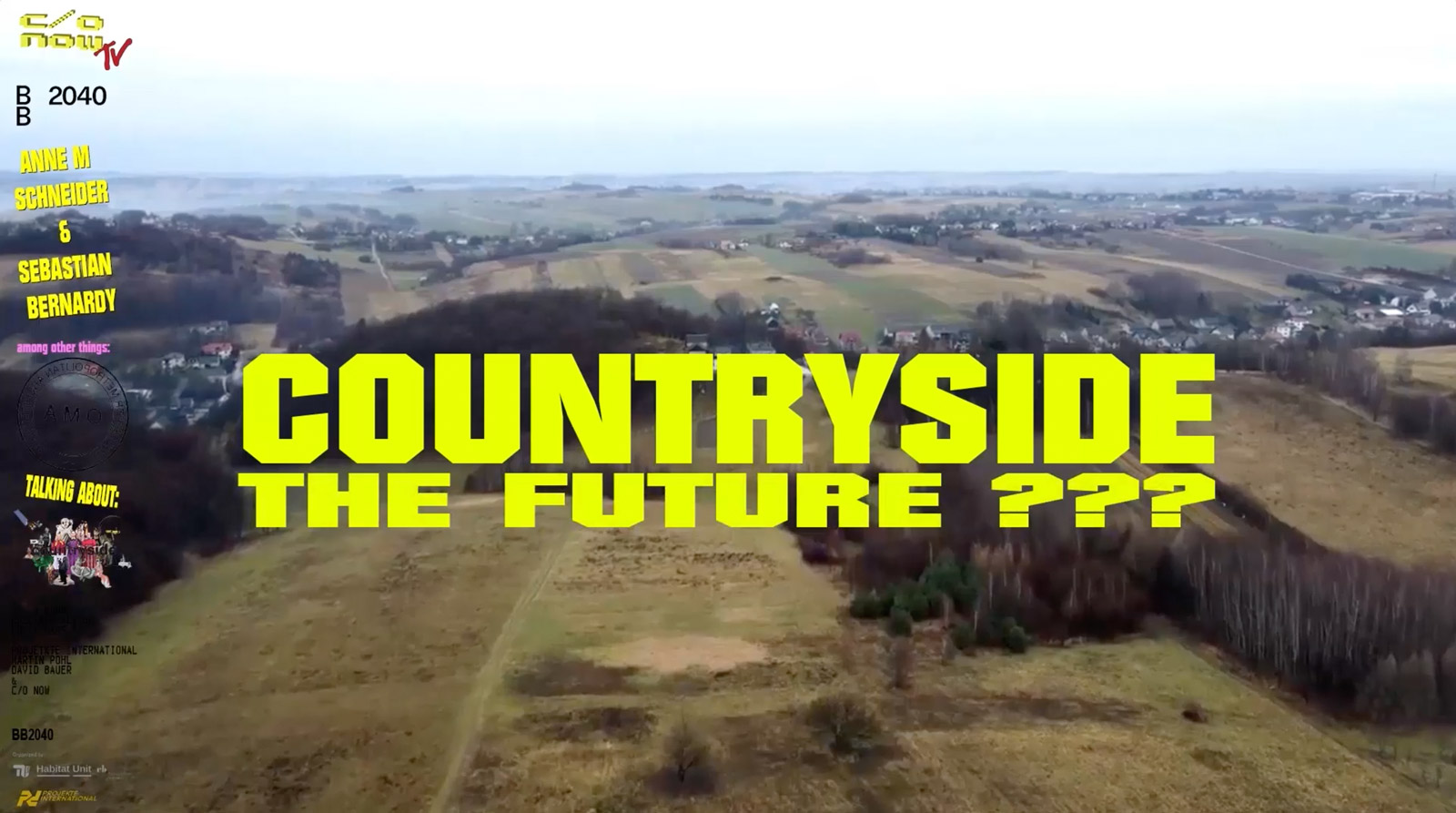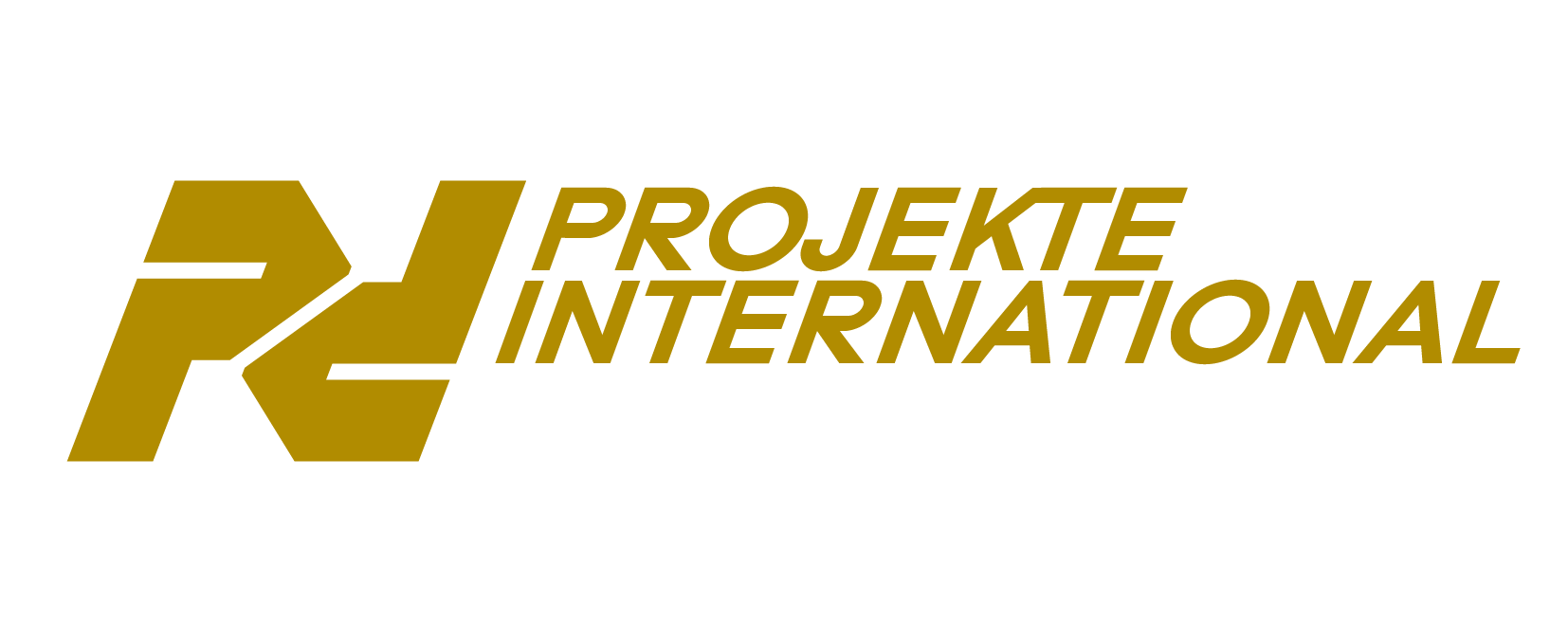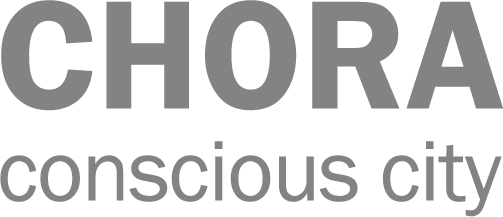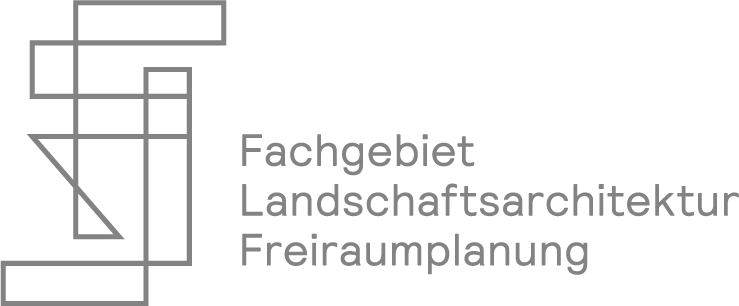The Countryside represents 98% of the world's surface. It is the source and sink of all urban metabolisms. A mythical place full of contrast, tension, and the concurrent presence of everything; where post-human landscapes and technological excitement meet endless boringness. The countryside, even in Brandenburg, is truly "both-and": productive, transfigured, exploited, pristine, distorted, over-formed, misunderstood, romanticized, idealized, overloaded, undernourished, ignored, polluted, humanity's largest and most valuable asset, extremely endangered, full of problems, the place to communalize/isolate.
In this conversation Annie M Schneider and Sebastian Bernardy guide us through years of research and illustration accumulated at AMO on the topic of "The Countryside" and give us the opportunity to digital deep dive into the eponymous exhibition at the Guggenheim Museeum NY, which was overshadowed by the pandemic.
A central thesis of ‘Countryside: The Future’ is that our current form of urban life has necessitated the organization, abstraction, and automation of the countryside at an unprecedented scale. Data storage, fulfillment centers, genetic engineering, artificial intelligence, robotic automation, economic innovation, worker migration, and the private purchase of land for ecological preservation are in many cases more actively explored and experimented with in the countryside than the city.
Urbanization drew our collective attention, especially since the UN released their report ‘World Urbanization Prospects’ in 2014, reporting that half of all humankind lived in cities. The exhibition is an attempt at shifting the global focus on urban areas towards the vast non-urban areas around the world.
BB2040
[EN] Berlin Brandenburg 2040 was initiated by the Habitat Unit in cooperation with Projekte International and provides an open stage and platform for multiple contributions of departments and students of the Technical University Berlin and beyond. The project is funded by the Robert Bosch Foundation.
[DE] Berlin Brandenburg 2040 wurde initiiert von der Habitat Unit in Kooperation mit Projekte International und bietet eine offene Plattform für Beiträge von Fachgebieten und Studierenden der Technischen Universität Berlin und darüberhinaus. Das Projekt wird von der Robert Bosch Stiftung gefördert.









